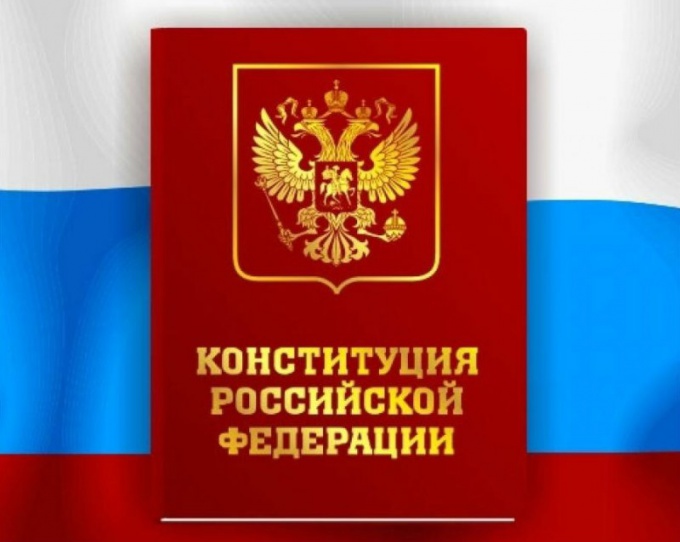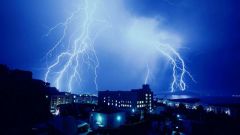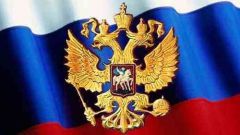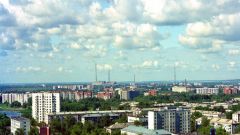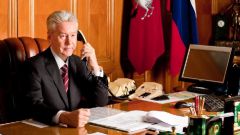Now Russia has a Constitution, adopted after the collapse of the USSR, 12 December 1993. This document includes section 2 and the Preamble. The preamble enshrines a humanistic and democratic values, defining the place of Russia in the modern world.
The first section consists of 9 chapters, which includes 137 articles, which spelled out the basic rules of political, public, social, economic systems and Federal structure of the Russian Federation, the rights and freedoms of citizens, the status of the authorities and the procedure for amending the Constitution. The second section contains transitional and final provisions governing the stability and continuity of the constitutional-legal norms.
Chapter 1. The foundations of the constitutional system. The first Chapter contains 16 articles that spelled out the established and constitutionally protected economic, political, legal, social relations and humanistic fundamental principles affirming the role of citizens in nation building.
Chapter 2. The rights and freedoms of man and citizen. Includes 48 articles forming the core of the constitutional law of the Russian Federation and the fixing of norms and rules of relations between the individual and the state.
Chapter 3. A Federal structure. Consists of 15 articles that define the fundamental principles of state structure of Russia.
Chapter 4. The President of the Russian Federation. The Chapter includes 14 articles that determine the legal status, duties, powers of the head of state, the terms and conditions of the election, contain the text of the oath, and the order of dismissal.
Chapter 5. Federal Assembly. Consists of 16 articles on the Parliament of the Russian Federation that defined the powers and principles of work of both chambers of the Assembly.
Chapter 6. The government of the Russian Federation. Contains 8 articles that define the main principles of work of Executive power of the Russian Federation.
Chapter 7. Judiciary. Includes 12 articles which set out fundamental principles for the functioning and powers of the judiciary and the higher judiciary of the Russian Federation.
Chapter 8. Local self-government. Chapter 4 consists of articles claiming how to create local self-government bodies, their structure, legal status and powers.
Chapter 9. Constitutional amendments and revision of the Constitution. Includes 4 articles that define the principles of the amendment, and also the range of persons and authorities entitled to make proposals for revision, addition and modification of provisions of the Constitution.
This part of the Constitution consists of 9 points, fixing the powers and terms of work of the authorities, including the President.
The first section consists of 9 chapters, which includes 137 articles, which spelled out the basic rules of political, public, social, economic systems and Federal structure of the Russian Federation, the rights and freedoms of citizens, the status of the authorities and the procedure for amending the Constitution. The second section contains transitional and final provisions governing the stability and continuity of the constitutional-legal norms.
The first section. The main provisions.
Chapter 1. The foundations of the constitutional system. The first Chapter contains 16 articles that spelled out the established and constitutionally protected economic, political, legal, social relations and humanistic fundamental principles affirming the role of citizens in nation building.
Chapter 2. The rights and freedoms of man and citizen. Includes 48 articles forming the core of the constitutional law of the Russian Federation and the fixing of norms and rules of relations between the individual and the state.
Chapter 3. A Federal structure. Consists of 15 articles that define the fundamental principles of state structure of Russia.
Chapter 4. The President of the Russian Federation. The Chapter includes 14 articles that determine the legal status, duties, powers of the head of state, the terms and conditions of the election, contain the text of the oath, and the order of dismissal.
Chapter 5. Federal Assembly. Consists of 16 articles on the Parliament of the Russian Federation that defined the powers and principles of work of both chambers of the Assembly.
Chapter 6. The government of the Russian Federation. Contains 8 articles that define the main principles of work of Executive power of the Russian Federation.
Chapter 7. Judiciary. Includes 12 articles which set out fundamental principles for the functioning and powers of the judiciary and the higher judiciary of the Russian Federation.
Chapter 8. Local self-government. Chapter 4 consists of articles claiming how to create local self-government bodies, their structure, legal status and powers.
Chapter 9. Constitutional amendments and revision of the Constitution. Includes 4 articles that define the principles of the amendment, and also the range of persons and authorities entitled to make proposals for revision, addition and modification of provisions of the Constitution.
Section two. Final and transitional provisions
This part of the Constitution consists of 9 points, fixing the powers and terms of work of the authorities, including the President.
